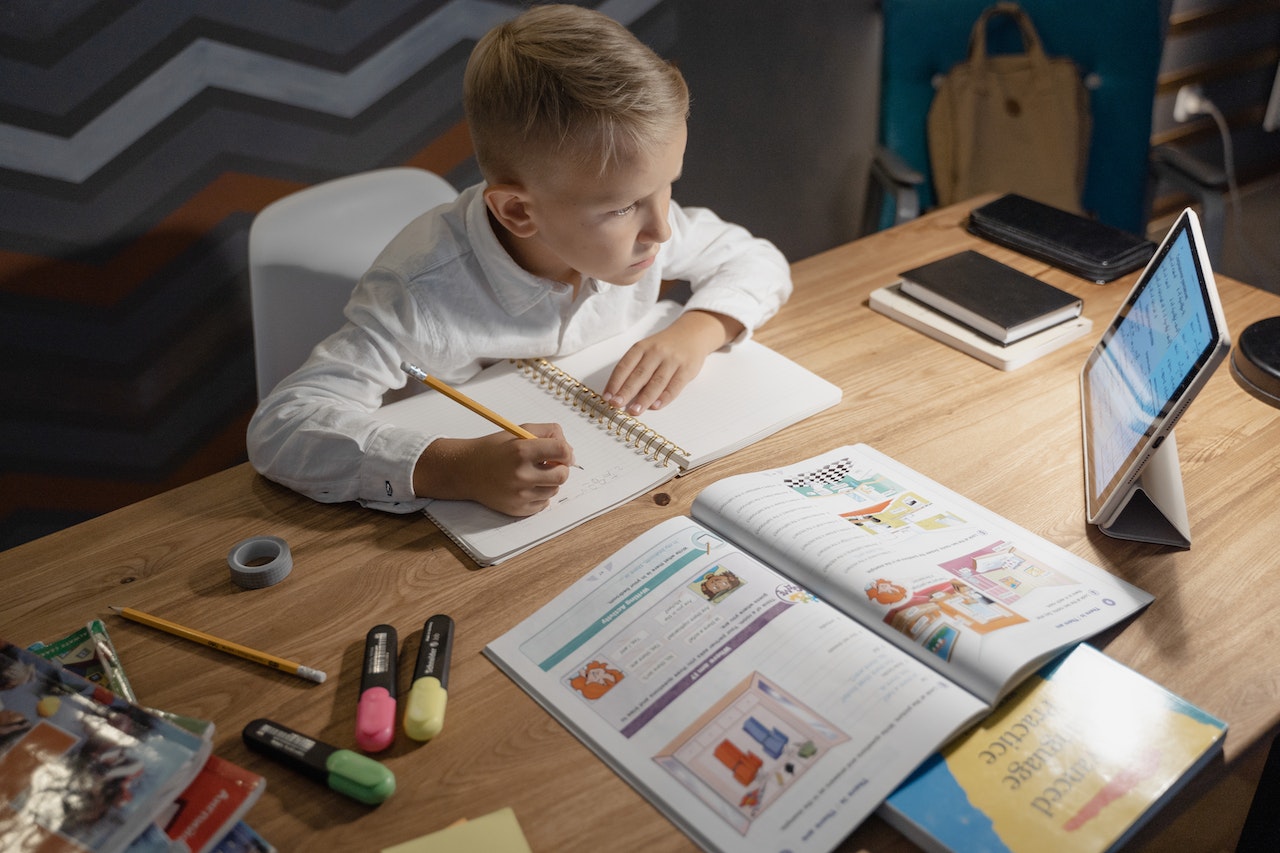Course Information
Course Description
This course provides learners with the opportunity to engage with literary texts, developing their skills in reading, interpretation, and evaluation. Through the study of literature in English, learners gain an understanding of literal meaning, relevant contexts, and deeper themes or attitudes expressed in the texts. They also learn to appreciate the various techniques writers employ to create specific effects, enabling them to formulate informed, personal responses to the material.
Course Objectives
The objectives of this course are to foster an enjoyment of literature, enhance learners' understanding and response to literary texts from different forms, periods, and cultures, facilitate the effective communication of informed personal responses, develop an appreciation for the diverse strategies writers employ to achieve their desired effects, promote aesthetic, imaginative, and intellectual growth through literature, and explore the role of literature in addressing universal human concerns.
Course Outline
- Exploration of literary texts from a variety of genres, periods, and cultural contexts
- Analysis of literal meaning, contextual elements, and deeper thematic aspects
- Development of skills in interpreting and evaluating literature
- Examination of different techniques employed by writers to create specific effects
- Encouragement of personal responses and critical thinking in response to the material studied
Student Acquisitions
By the end of this course, students will:
- Develop a genuine appreciation for reading literature
- Demonstrate the ability to understand and respond effectively to literary texts
- Present informed personal responses that are appropriate and articulate
- Recognise and appreciate the diverse techniques employed by writers
- Experience personal growth through engagement with literature
- Gain insight into human concerns through the exploration of literary works
Learning Methodologies
Our course employs a range of effective learning methodologies, including:
- Close reading and analysis of literary texts
- Interactive discussions and peer engagement
- Critical thinking exercises and reflective writing
- Research and exploration of cultural contexts
- Collaborative projects and presentations





